Ukrainian war far from over
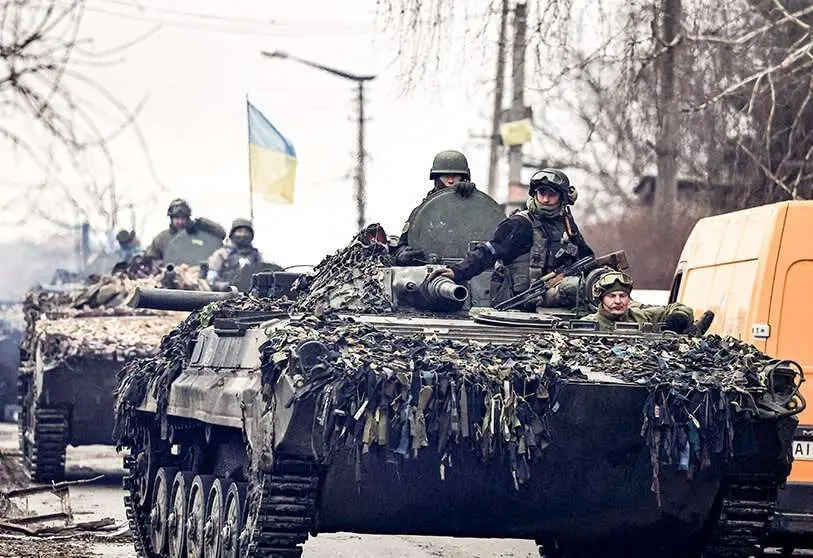
The war in Ukraine is far from over. At least this is what Ukrainian soldiers who were on the front line near Kharkov, one of the major Ukrainian cities that have suffered the most from Russian shelling, have told EFE.
Ukraine has been suffering from 90 days of war in which Russian attacks have not stopped, not even to respect humanitarian corridors. After the Russian army failed in its attempt to take Kiev, Russian President Vladimir Putin ordered a new military strategy that would focus on the Donbas region and pro-Russian separatist regions in the east, a strategy that has not seemed to be as successful as Putin had hoped, despite the latest territorial loss.
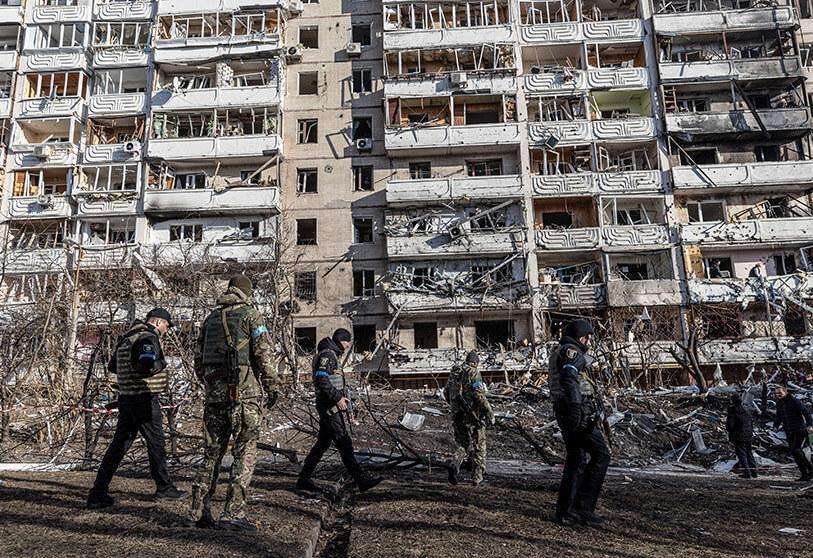
In the latest developments in the development of the conflict, pro-Russian separatist forces in Ukraine have claimed to have captured the city of Liman, an important strategic railway enclave that opens the way for further advances in the Donbas region, the area where the main attacks are currently being waged.
While the Ukrainian Defence Ministry indicates that its troops will continue to fight for control of this railway town, the Kremlin is trying to encircle the Ukrainian army in the towns of Sievierodonetsk and Lyschansk, key points which, if they fall, would give Russia total control over Lugansk.
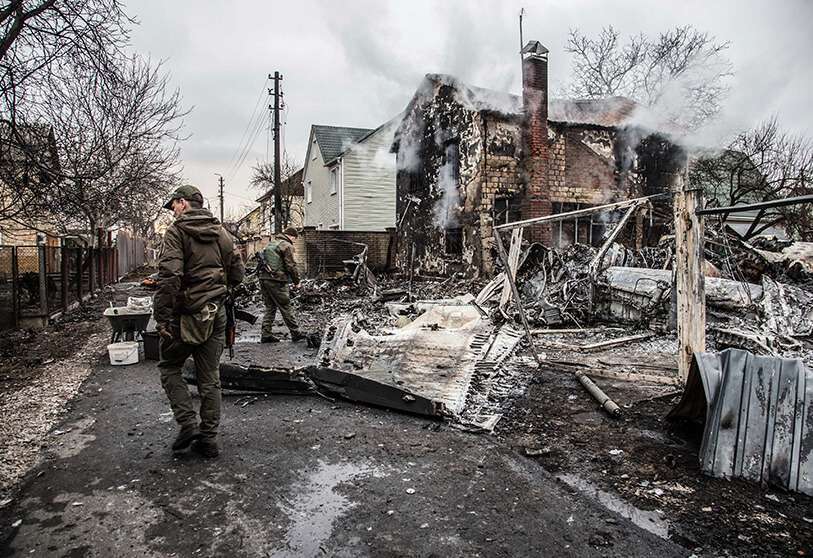
On the other hand, it is in Kharkov, an enclave that continues to resist fiercely, that the Ukrainian president, Volodomir Zelensky, has travelled to continue encouraging the soldiers, the first time that Zelensky has made an official appearance outside Kiev.
Once there, the Ukrainian president praised the soldiers, acknowledging their bravery for risking "their lives for all of us and for our country". Zelenksy later wrote a message on his Telegram channel in which he reminded Russia that Ukraine will resist "until the end". He also stressed that the Russian army has "no chance. We will fight and we will definitely win", he concluded.
???? | Las fuerzas de Ucrania grabaron este video donde denuncian la utilización de munición termita disparada por Rusia, en la región del Donbass. pic.twitter.com/DZwz5Gc8Vq
— Mundo en Conflicto ? (@MundoEConflicto) May 27, 2022
In this conflict the Ukrainian resistance has already become iconic. No one expected Russia's retreat, let alone the heavy losses they would be suffering, especially given Russia's military superiority. However, the spirit of the Ukrainians, boosted by Zelensky's continued support, and coupled with Western support, both economic and military, has become a resistance bloc that has Putin and his army on the ropes.
The end of the invasion is not near. Putin proves it and Ukraine suffers from it. The negotiating tables are taking very small steps, as they fail to reach common ground. Nor is it openly known what conditions are being agreed upon for the white flag to finally fly, but it is possible to intuit them from Putin's strategic moves and Zelensky's statements.
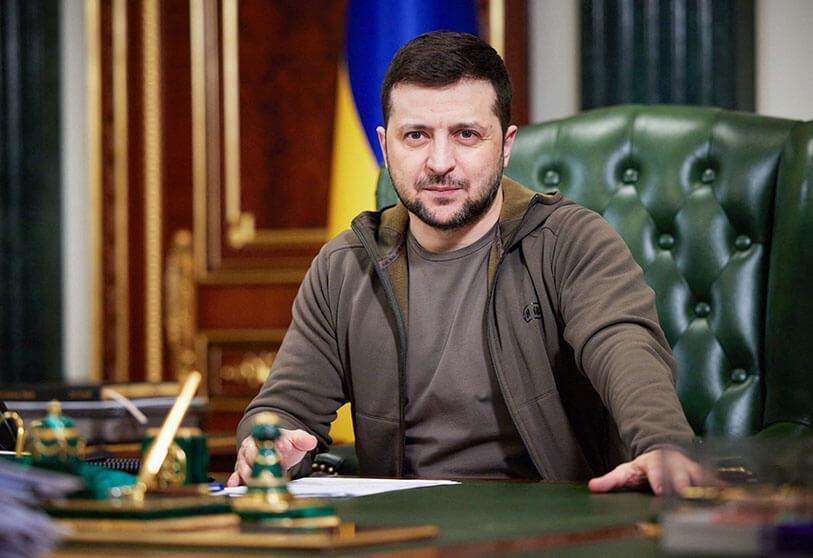
The redirection into the Donbas shows how Russia seeks to annex a territorial part it considers its own. The country's history, pro-Russian separatists' support for Putin, even NATO's more expansionist policies may have been the general causes for the start of this invasion. The ceding of these territories to Russia could be a significant step towards ending the conflict, but Ukraine is not even thinking about it.
"We will not cede our territory", Zelenksy told the media. Along with the Ukrainian president, Ukrainians are clear that they want to defend their land and not give in to the Russian invader. In fact, it is this sentiment that permeates the members of the army, despite all the pain and atrocities committed.
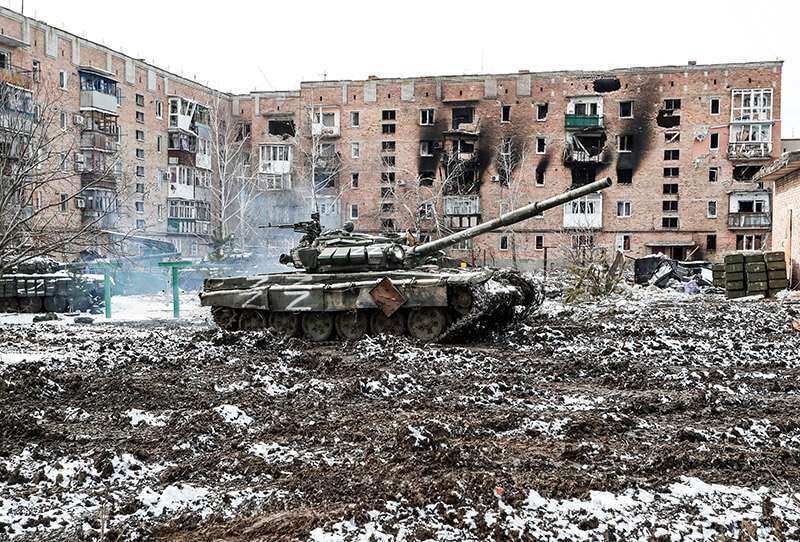
In a situation like this, where reaching common ground becomes an odyssey, war breaks out with all the consequences it brings. And not only in Ukraine. The 21st century is witnessing many of them, with Ukraine being the first to occur in this century on European soil, something that is surprising considering all the existing organisations and institutions that have been set up to prevent this situation.
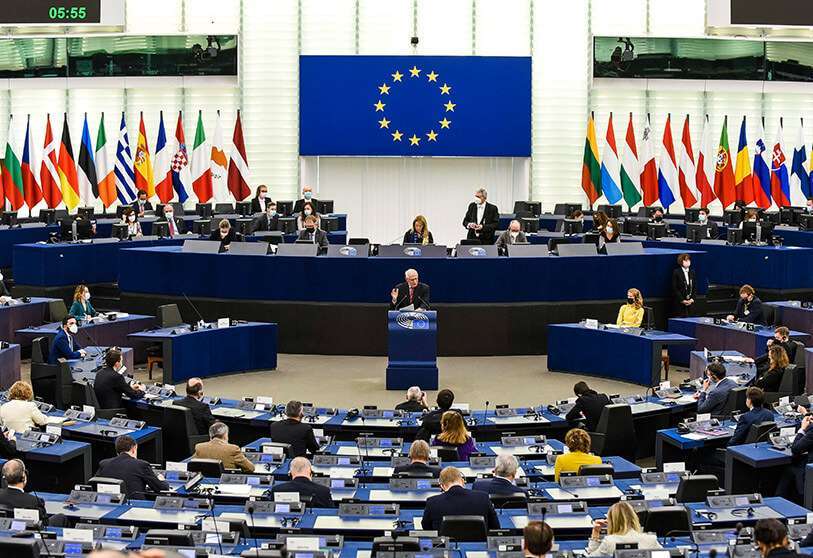
In the Russian-Ukrainian conflict, there is still no sign of peace, not even a flickering one. In the meantime, other countries are slowly beginning to feel the consequences of this invasion in the energy, economic and food sectors.
As soldiers from Kharkov have declared, the war is far from over and in this dark tunnel it is also difficult to see a resolution process through diplomacy, one of the most important weapons in our democratic society and also one of the most deteriorated.








